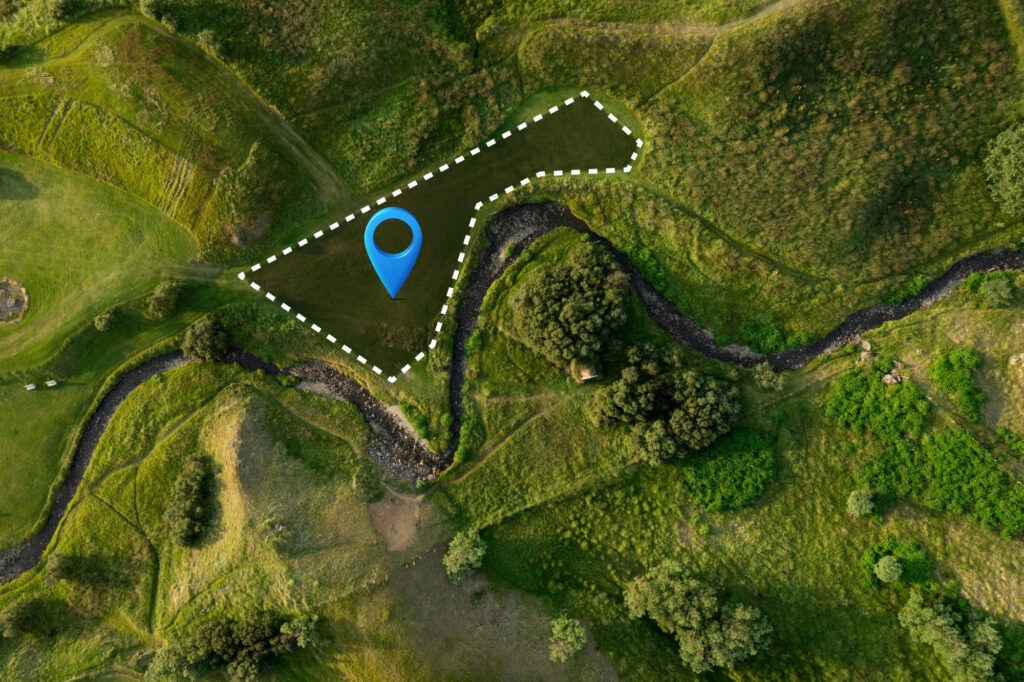When you buy or own property in New Zealand, you may come across the term easement. Easements are a common legal feature of land ownership, and while they can sound technical, they play an important role in allowing landowners to use their property effectively.
What is an Easement?
An easement is a legal right to use someone else’s land for a specific purpose. It does not give ownership, but it allows the owner of one property (the “dominant tenement” (land)) to benefit from the owner of an adjoining property (the “servient tenement”). Common examples include:
- A right-of-way to use a driveway across a neighbour’s property.
- Rights to run services such as power, water, or drainage across adjoining land.
- Access to shared facilities, like a private roadway.
Because easements are registered on the land title, they “run with the land.” This means they usually remain in place when the property is sold or transferred to a new owner.
Easements in Gross
Not all easements are tied to a neighbouring property. Some benefit a person, company, or public authority directly, rather than another property. These are called easements in gross.
For example:
- A power company holding an easement in gross allowing it to maintain electricity lines across private land.
- A council holding an easement in gross for drainage or stormwater infrastructure.
Unlike other easements, an easement in gross benefits the named individual or entity, and it remains in place regardless of who owns the surrounding properties.
Maintenance and Responsibilities
Easements, particularly those involving shared driveways, bring with them questions of responsibility for maintenance and repair. Generally, the parties who benefit from the easement must also contribute to these. This can include day-to-day upkeep, fixing potholes or drainage issues, and, where necessary, more significant works such as resurfacing. The specific obligations are usually set out in the easement instrument, and disputes often arise if expectations are unclear.
Checking before you buy and preparations for selling
Easements are an important part of property ownership in New Zealand. Most give rights that benefit one piece of land over another, while easements in gross benefit a specific person or organisation.
They also carry responsibilities. If you share a driveway, you may be required to help pay for both minor repairs and more intensive works. Checking the title and understanding these obligations are essential when buying. If you have issues with your current property and neighbours then you should ensure those matters are addressed and resolved before selling as they could otherwise create significant difficulties, delays and costs.





